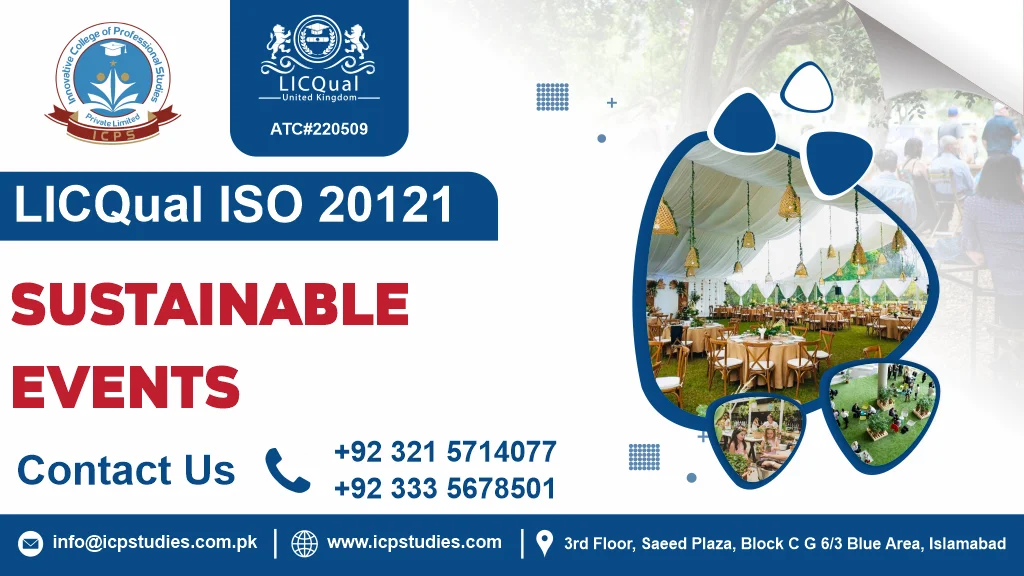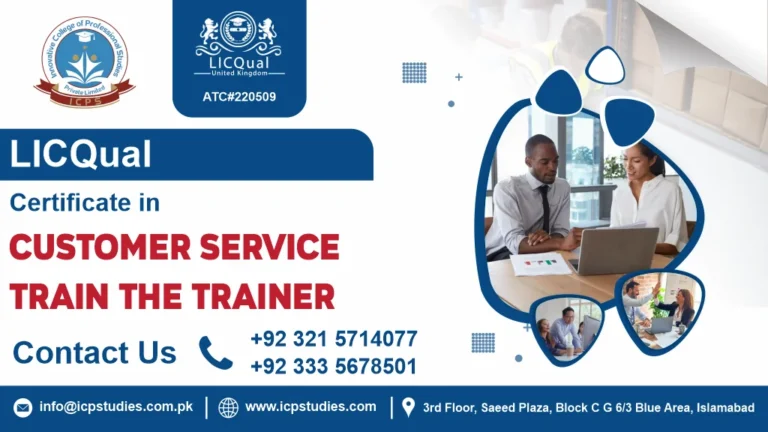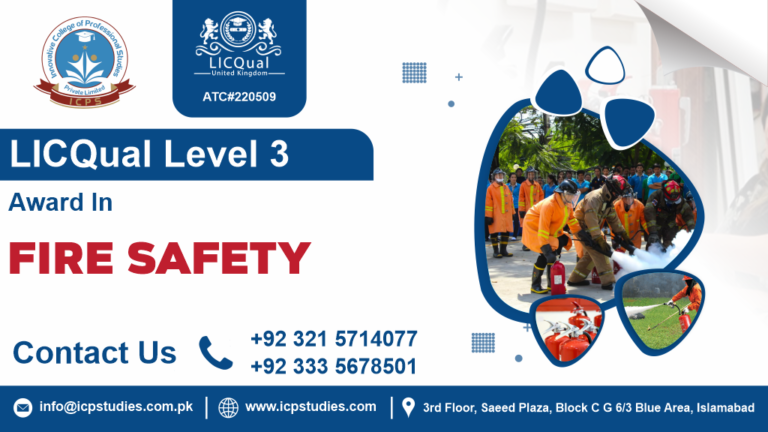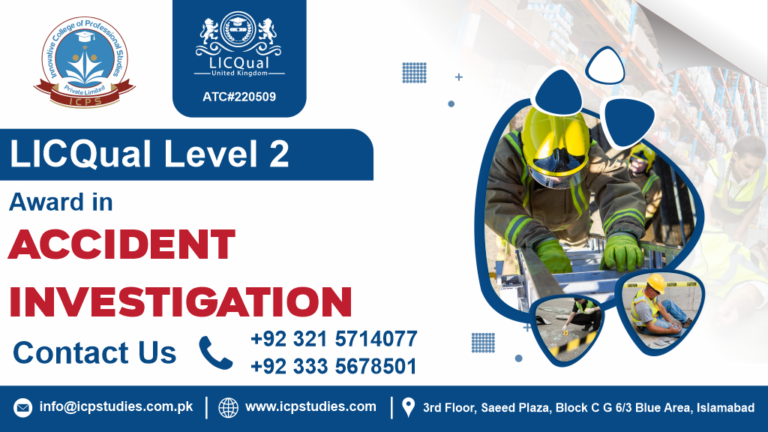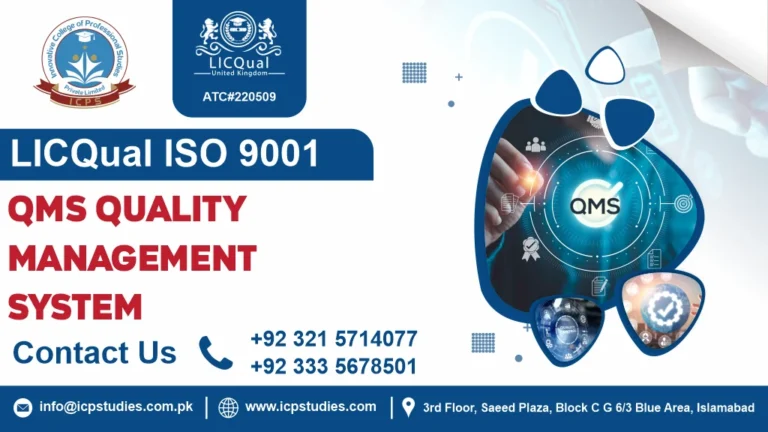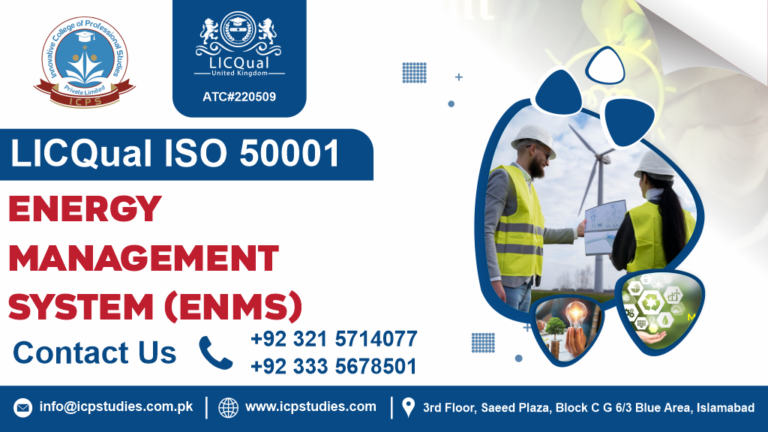In an era where environmental and social responsibility are more crucial than ever, the events industry faces growing pressure to align with sustainable practices. Enter the ISO 20121 standard—an international benchmark designed to help organizations in the events sector enhance their sustainability efforts. For those at the forefront of this movement, the role of an ISO 20121 Sustainable Events Lead Implementer is both pivotal and transformative.
ISO 20121:2012 is an international standard that provides a framework for managing sustainability in events. It aims to help organizations create and deliver events that are not only economically viable but also socially inclusive and environmentally responsible. The standard is designed to be applicable to all types of events, from small meetings to large-scale festivals and conferences.
ISO 20121 Sustainable Events Lead Implementer is vital in driving sustainability within the events sector. It requires a unique combination of strategic vision, practical skills, and a passion for making a positive impact. As the demand for sustainable events continues to grow, the expertise of Lead Implementers will be increasingly invaluable in shaping a greener, more equitable future for the industry.
All About ISO 20121 Sustainable Events Lead Implementer
Course Overview
An ISO 20121 Sustainable Events Lead Implementer is a professional responsible for guiding organizations in the event sector to integrate sustainability practices according to the ISO 20121 standard. This role is crucial in ensuring that events are planned and executed in a manner that is economically viable, environmentally friendly, and socially responsible.
ISO 20121 Sustainable Events Lead Implementer becomes increasingly important. They are essential in helping organizations reduce their environmental footprint, promote social equity, and ensure that events contribute positively to the community and economy. By leading the implementation of ISO 20121, these professionals help set new standards for responsible event management and drive the industry toward a more sustainable future.
Study Units
- Introduction to ISO 20121
- Stakeholder Engagement
- Legal and Regulatory Compliance
- Sustainable Procurement:
- Venue Selection and Management
- Waste Management and Recycling
- Energy Management
- Transportation and Mobility
- Communication and Marketing
- Performance Monitoring and Evaluation
- Educational Background: A degree in event management, hospitality, sustainability, or a related field is preferred.
- Work Experience: Relevant experience in event planning, management, or sustainability practices is usually required.
- Familiarity with ISO Standards: Basic knowledge of ISO 20121 and other related ISO standards is beneficial.
- Understanding of Sustainability Principles: Awareness of sustainability concepts, including environmental, social, and economic impacts related to events.
- Project Management Skills: Experience in managing projects, especially in the context of events or sustainability initiatives.
- Communication Skills: Strong verbal and written communication abilities to effectively implement and promote sustainable practices.
- Commitment to Learning: A willingness to engage in coursework and apply best practices in sustainable event management.
These requirements ensure that participants are equipped to lead the implementation of sustainable practices in event management effectively.
- Event Managers: Professionals responsible for planning and executing events who want to integrate sustainability into their practices.
- Sustainability Officers: Individuals focused on promoting sustainable practices within their organizations or event planning.
- Corporate Social Responsibility (CSR) Managers: Those looking to align events with broader CSR initiatives.
- Venue Managers: Professionals managing event spaces who want to implement sustainable practices.
- Marketing and Communications Professionals: Individuals involved in promoting events with a focus on sustainability.
- Consultants: Experts advising organizations on sustainable event management and ISO 20121 implementation.
- Policy Makers and Regulators: Those interested in promoting sustainable practices within the events industry.
This course equips participants with the knowledge and skills necessary to implement sustainable practices in event management according to ISO 20121 standards.
Learning Outcome
Introduction to ISO 20121
- Understand the Core Principles: Gain a comprehensive understanding of the ISO 20121 standard, including its purpose, scope, and core principles of sustainability in event management.
- Identify Key Components: Recognize the key components of the ISO 20121 framework and how they interrelate to support sustainable event practices.
- Application and Benefits: Learn how ISO 20121 can be applied to different types of events and identify the benefits of implementing the standard for organizations and stakeholders.
2. Stakeholder Engagement
- Identify Stakeholders: Learn how to identify and categorize stakeholders involved in event planning and execution.
- Engagement Strategies: Develop effective strategies for engaging stakeholders, including techniques for communication, consultation, and collaboration.
- Manage Expectations: Understand how to manage stakeholder expectations and ensure their active participation in achieving sustainability goals.
3. Legal and Regulatory Compliance
- Understand Legal Requirements: Gain knowledge of the relevant legal and regulatory requirements related to sustainability and event management.
- Compliance Strategies: Learn how to develop and implement strategies to ensure compliance with local, national, and international regulations.
- Risk Management: Identify potential legal risks and develop strategies for mitigating them in the context of sustainable event management.
4. Sustainable Procurement
- Procurement Practices: Understand sustainable procurement practices and how to integrate them into the event planning process.
- Supplier Assessment: Learn how to assess and select suppliers based on their environmental and social performance.
- Contract Management: Develop skills in creating and managing contracts that promote sustainable practices among suppliers and vendors.
5. Venue Selection and Management
- Evaluate Venues: Learn how to evaluate and select venues based on their sustainability credentials and practices.
- Venue Management: Understand how to manage venue operations in a way that aligns with sustainability goals, including waste reduction, energy use, and resource efficiency.
- Collaborate with Venue Providers: Develop skills to collaborate effectively with venue providers to implement sustainable practices.
6. Waste Management and Recycling
- Waste Minimization: Learn strategies for minimizing waste generated during events.
- Recycling Programs: Understand how to implement effective recycling programs and waste management practices.
- Monitoring and Reporting: Develop skills to monitor waste production and recycling rates, and report on the effectiveness of waste management strategies.
7. Energy Management
- Energy Efficiency: Gain knowledge of energy-efficient practices and technologies applicable to event management.
- Energy Management Plans: Learn how to develop and implement energy management plans to reduce energy consumption.
- Monitor and Optimize: Understand how to monitor energy use and identify opportunities for optimization and cost savings.
8. Transportation and Mobility
- Sustainable Transportation: Understand the principles of sustainable transportation and mobility in the context of event management.
- Develop Transportation Plans: Learn how to develop transportation plans that reduce environmental impact, including options for public transit, carpooling, and low-emission vehicles.
- Manage Transportation Logistics: Gain skills in managing transportation logistics to improve efficiency and sustainability for event attendees.
9. Communication and Marketing
- Sustainability Messaging: Learn how to effectively communicate sustainability goals and achievements to various stakeholders.
- Marketing Strategies: Develop marketing strategies that promote the event’s sustainability efforts and engage the audience.
- Evaluate Impact: Understand how to measure and evaluate the impact of communication and marketing activities on stakeholder perceptions and behavior.
10. Performance Monitoring and Evaluation
- Set KPIs: Learn how to establish key performance indicators (KPIs) for measuring the success of sustainability initiatives.
- Monitor Progress: Develop skills to monitor and assess performance against sustainability goals throughout the event lifecycle.
- Report and Improve: Understand how to report on performance outcomes and use evaluation results to drive continuous improvement in sustainable event practices.
These learning outcomes aim to provide a comprehensive foundation for effectively implementing the ISO 20121 standard and advancing sustainability within the events industry.
FAQs about ISO 20121 Sustainable Events Lead Implementer

